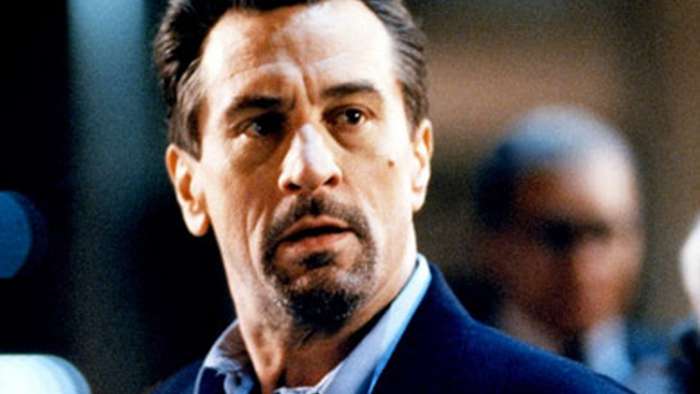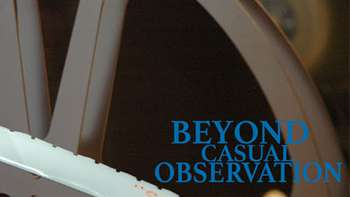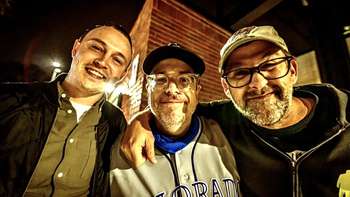Considering the phrase “making movie history,” one could allude to films with big budgets, big actors, new innovations, or otherwise. For the 1995 film, Heat, Robert DeNiro and Al Pacino went head-to-head in a big way.
The significance in casting DeNiro and Pacino opposite each other is seen on-screen in rich, powerhouse performances. DeNiro plays Neil McCauley, a career criminal; Pacino the detective tracking him. What readers need to remember is that prior to Heat, these two actors appeared in the same film only once: as father and son in the Godfather Part II (though on separate timelines). Heat would be the first time they would face each other. This rivalry-oriented performance suggests each actor anticipated a chance to make this encounter happen, not unlike Newman and McQueen in Towering Inferno, and fulfill a cinematic prophecy.
Though the film moves at a fast pace with regards to its main characters, it slows down enough to feel the plight of the life-stories going on around them. The center of the film, in a feral way, is Detective Hanna’s pursuit or McCauley’s extrication from his life of crime. As Mann grabs us by the collar and pulls us back, we get to know the people in their lives. McCauley’s crew is a fine cast consisting of Tom Sizemore, Val Kilmer, and Danny Trejo, each with character conflicts. Hannah’s team includes Wes Studi, Mykelti Williamson, and Ted Levine, each with seemingly varied levels of experience but not explicitly clarified. Mann avoided any lame or demeaning police team clichés with dialogue focused on the work as we approach the inevitable showdown.
The orientation of the movie reflects looking inside from a larger vantage point, we move in and out of the character stories never losing touch with the primary combatants. And though the present state of either men’s lives gives an indication that the future will be better, their pursuits in the same arena intensify as the danger escalates.
Heat, like cop films of the ‘70s, but to a lesser degree, has moments of score that were made for such a film. Watching Don Bredden (portrayed by the amazing Dennis Haysbert) toil throughout the film with his feelings of shame, self-loathing, and insecurity made me consider the basics in my life when reflecting upon his character. Hidden under what he does for his own gratification is his love and admiration for the love in his life. His character, his embodiment of that character and his strife, gave me reason to pause. The decisions he and the other characters face creates the themes of this story and the “big picture” within the film: pursuit, inevitability, and mortality. Heat systematically reels in the viewer before its final emotional release.
Before Heat, Michael Mann abridged the same story for television as an NBC movie titled L.A. Takedown. Mann wrote the story in the early ‘80s as he approached television success producing Miami Vice and Crime Story. L.A. Takedown was only a portion of Mann’s full story so when the opportunity arose, he returned to his fuller version for the full-length feature film. (Mann discusses the two in an interview which can be found in parts on YouTube.)








